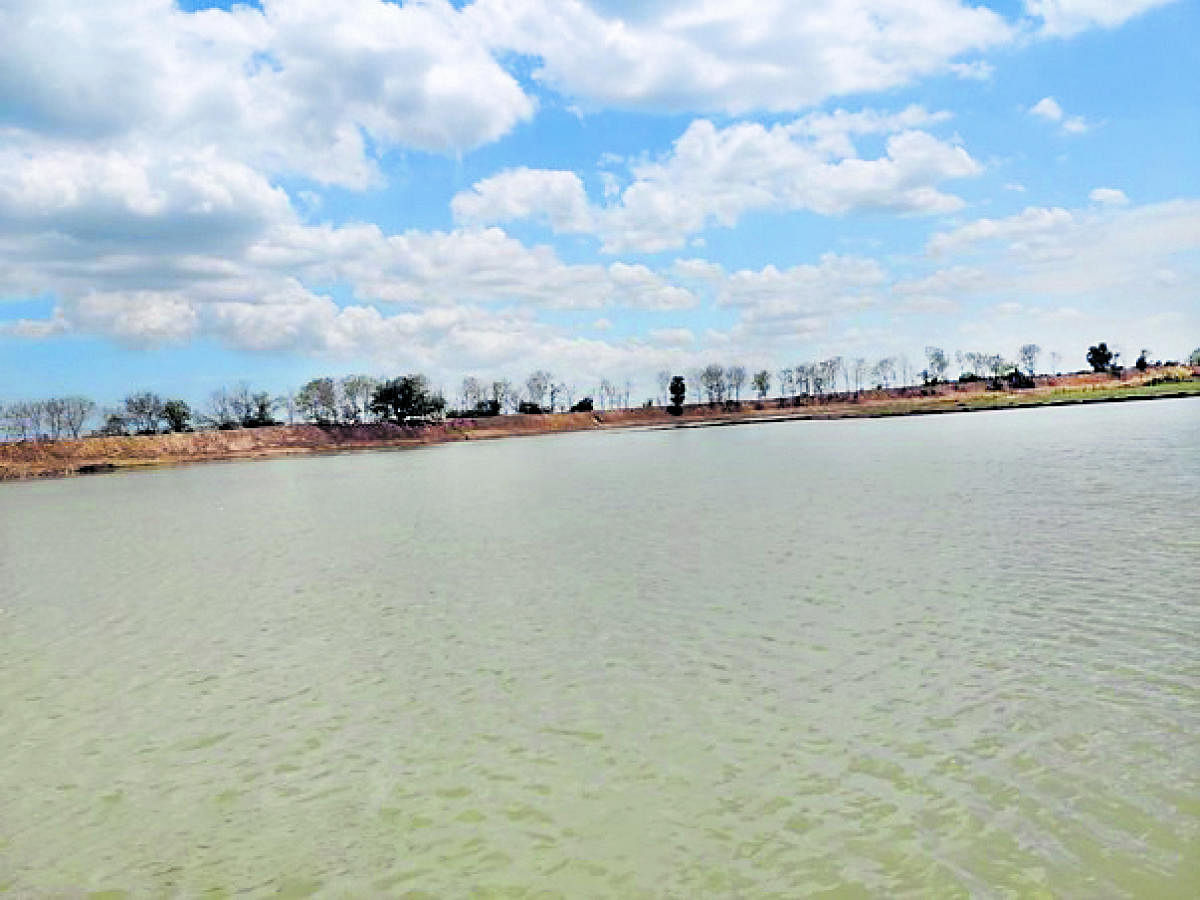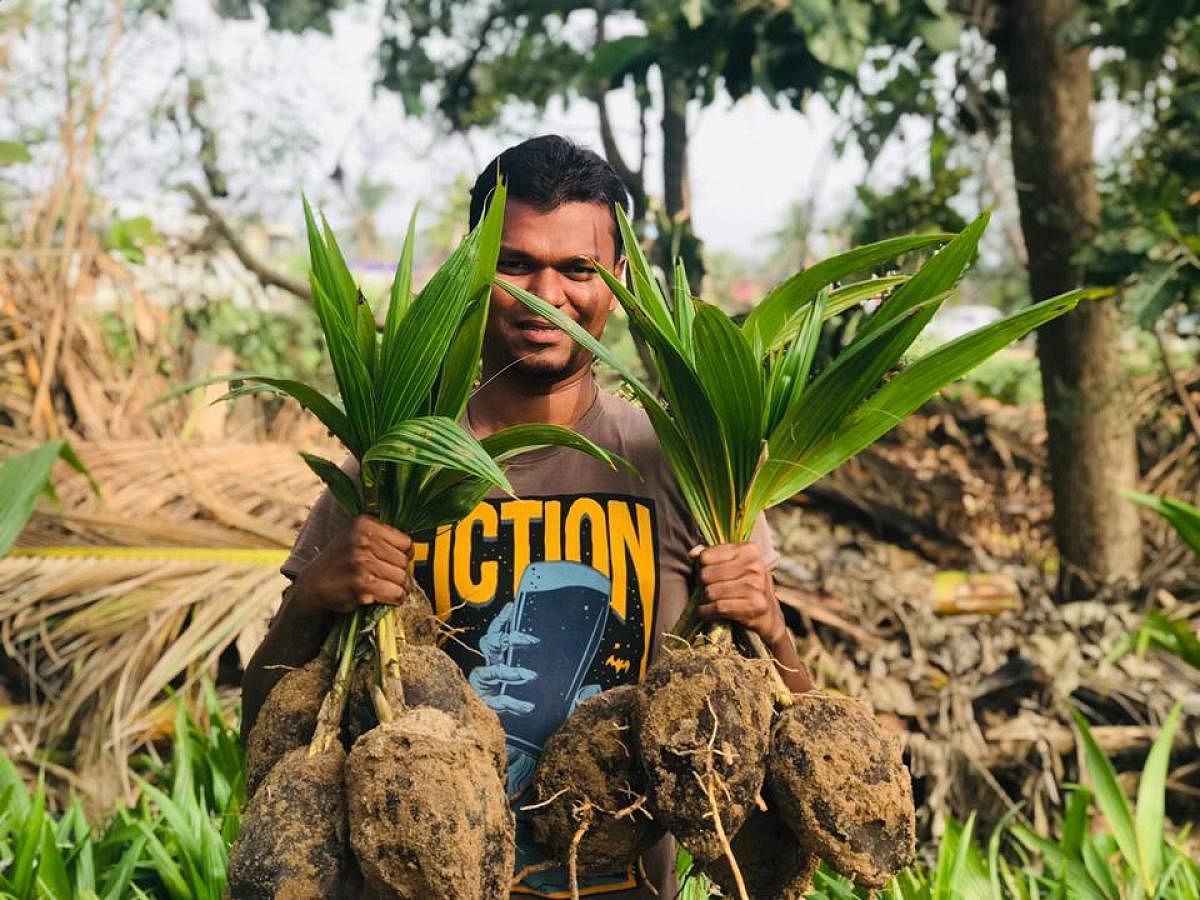
Desilting and cleaning up a lake whose area is spread over 560 acres in little over 100 days isn’t easy. The task becomes extremely difficult when it is spearheaded by members of the local community without any participation or support from the government.
Led by a 31-year-old techie, who quit his job in Dubai to help struggling farmers back in his native village in Thanjavur district, an organisation launched by a group of youngsters cleaned up the massive lake full of trash and accumulated weeds, in just 107 days by spending Rs 24 lakh— all received from the public as donation.
Today, the lake in Peravurani, one of the tail-end areas of the Cauvery Delta region where Cauvery water doesn’t reach every year, is brimming with water, thanks to the desilting and cleaning up.
Nimal Raghavan, who belongs to an agricultural family, had come to his native Nadiyam village when Cyclone Gaja ravaged the entire Delta region in November 2018 leaving a trail of destruction.
“Everyone was upset, and people could not come out of the shock. I did not feel like going back to Dubai to continue my job. I resigned and with the help of youngsters in the area, we launched Kadaimadai Area Integrated Farmers Association (KAIFA) which is now restoring lakes to their past glory,” Raghavan, who is now into farming, told DH.
The lake in Peravurani irrigates about 6,000 acres of land and its restoration means increase in ground water level and availability of water for irrigation purposes benefitting nearly 2 lakh people.
When KAIFA headed by another youngster Naveen Anandan began the restoration work on June 21 this year, all they had was just Rs 21,000. Not many were forthcoming to help the group of youngsters, though they were assisted by some experienced farmers, in restoring the lake pointing to their “inexperience”.
“It took lot of efforts to convince our people to trust us. And when people believed us, they came in droves. We have had school students, newly married couples and senior citizens parting with their savings to save the waterbodies. 107 days later, we had restored nearly 70 percent of the lake by spending Rs 24 lakhs,” Raghavan added.
The group also set up soil boundary walls—four km on one side, 12.5 km on another, besides deepening the lake and raising the height of the existing bund by 4-5 metre, besides creating 3 islands within the lake and planting 25,000 native saplings.
KAIFA now has eight office-bearers and 100 full-time members— all of them are connected on a WhatsApp group. Buoyed the success of restoration of the lake, Raghavan says they have identified a few lakes near Peravurani for restoration with active participation from farmers and public.
“We plan to desilt and clean at least 50 lakes and ponds in the coming months. We are now concentrating here but we may even take up such projects outside our area,” Raghavan, who has now turned his focus on rainwater harvesting by converting abandoned borewells into tanks for conserving water, said.
